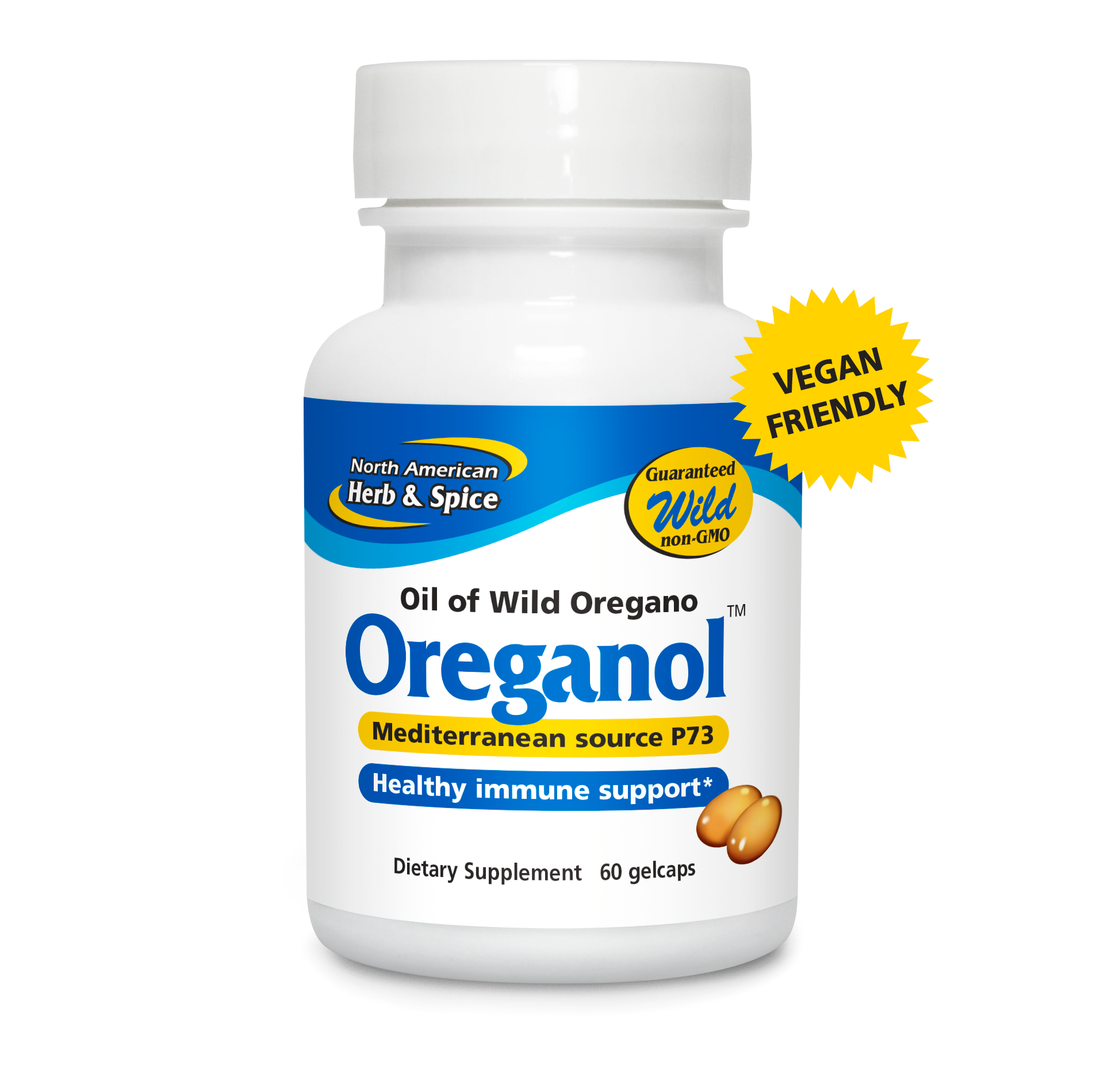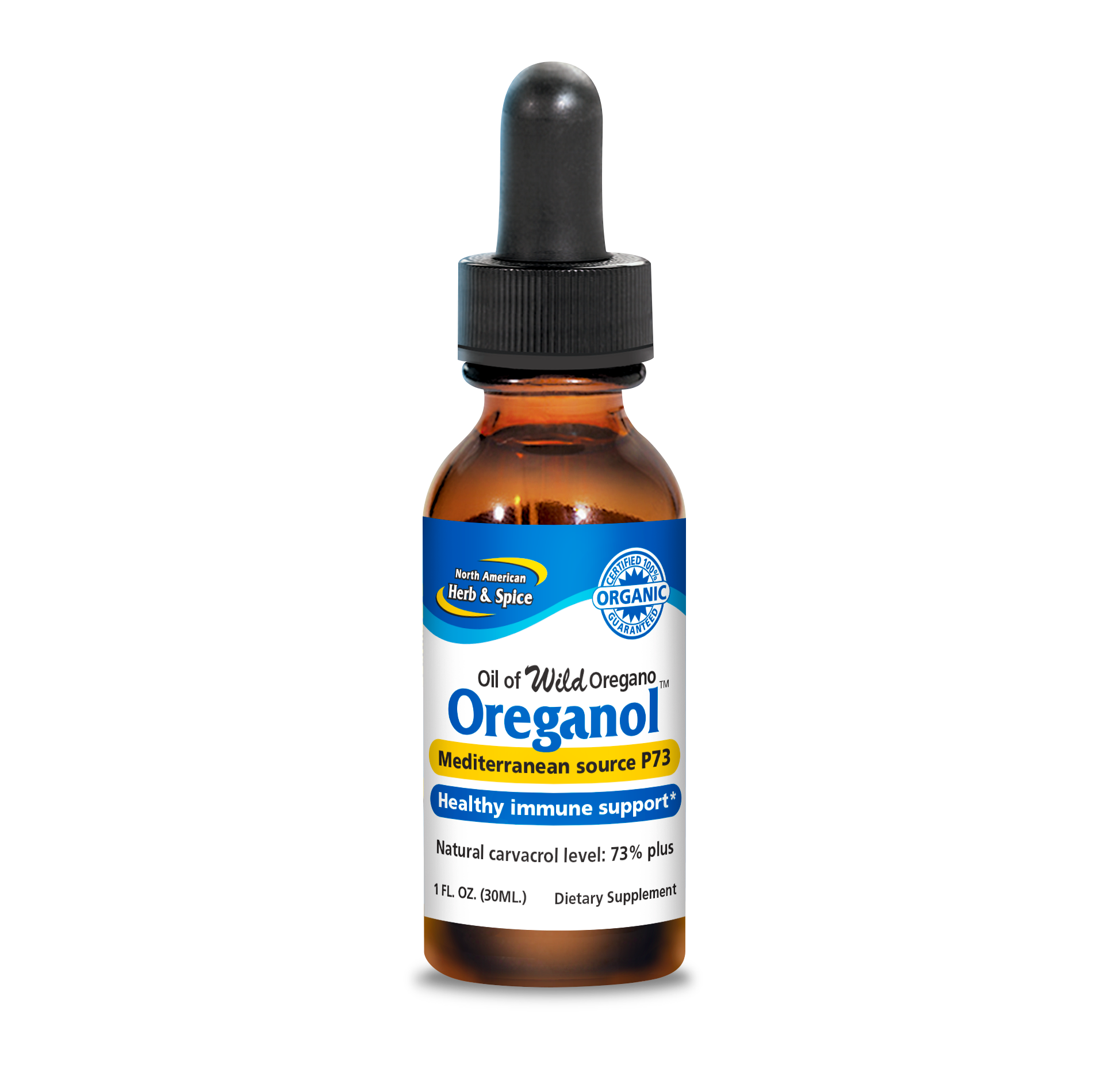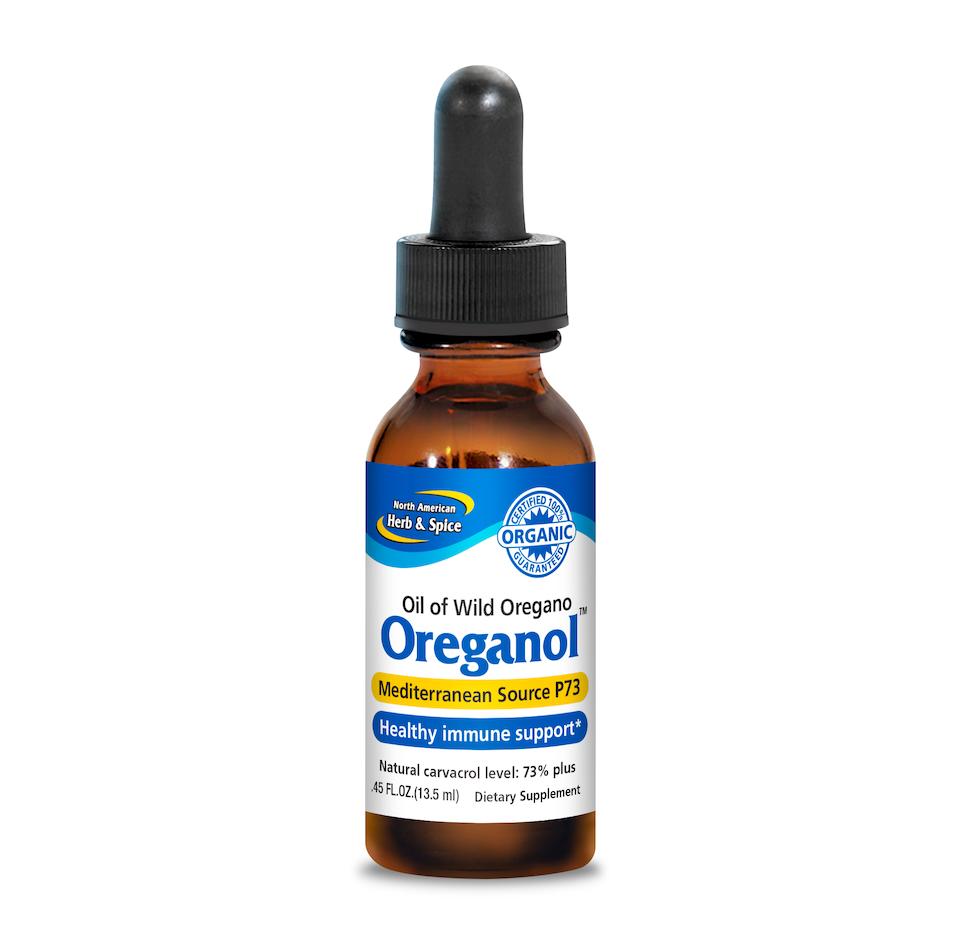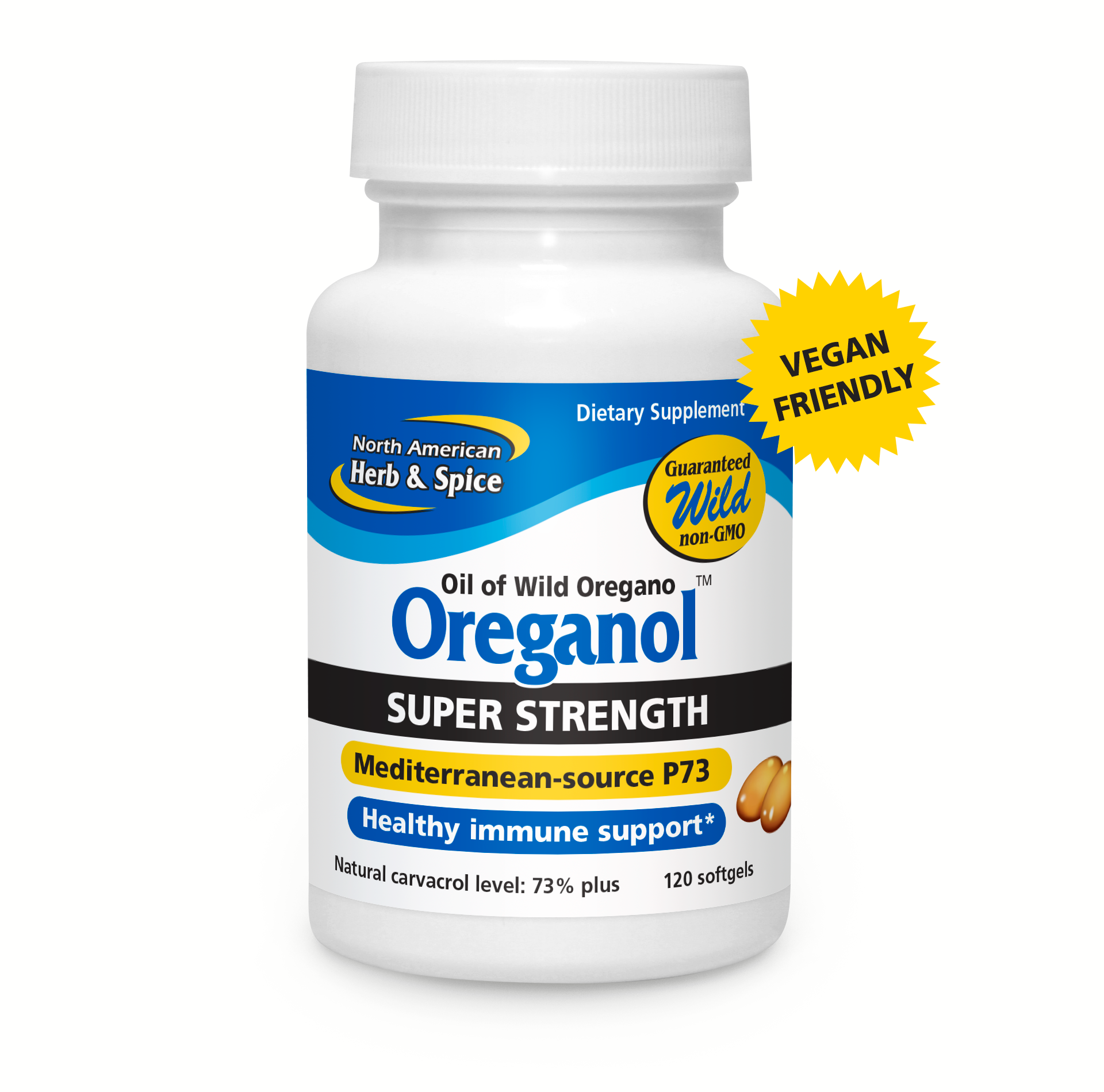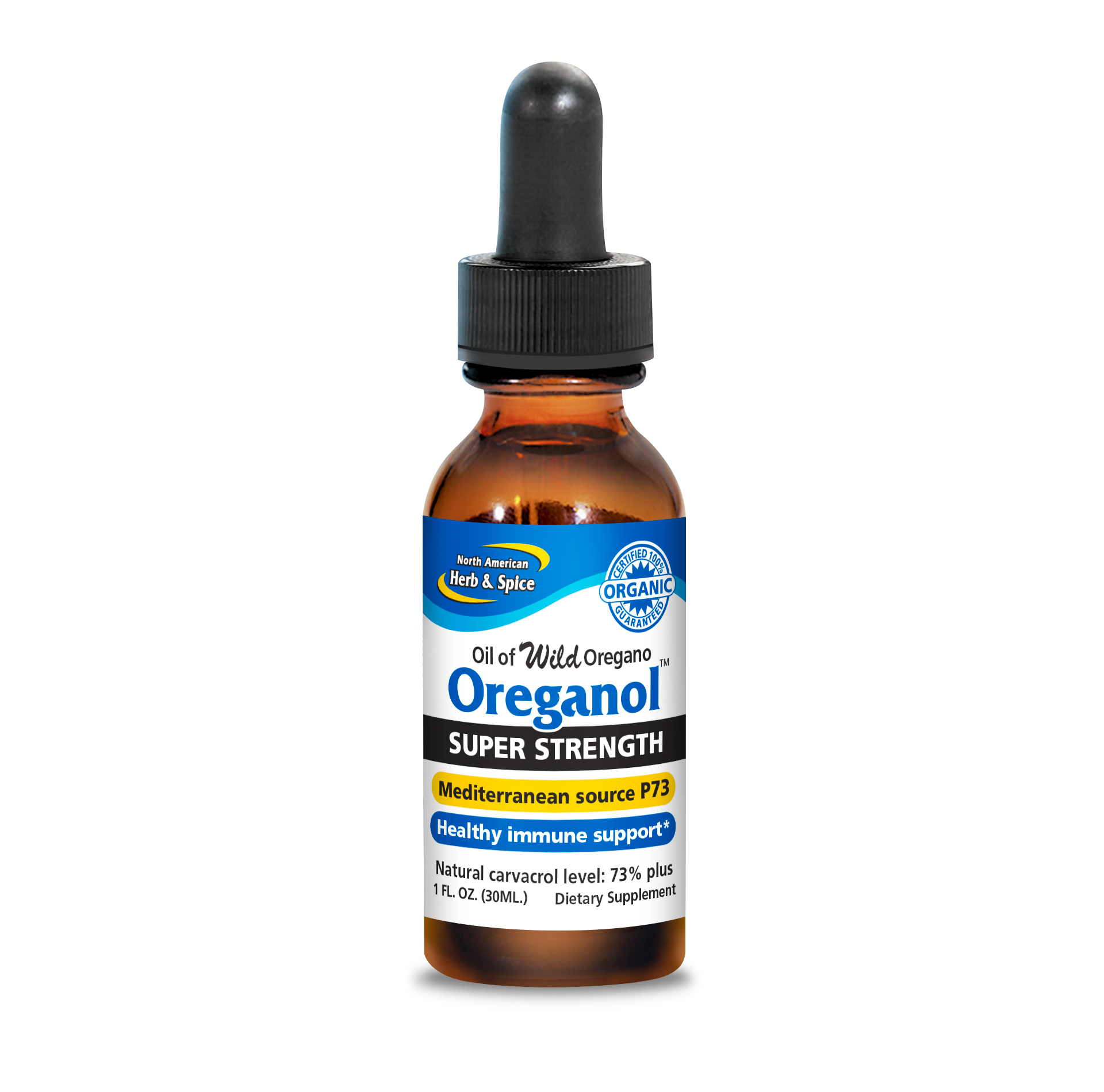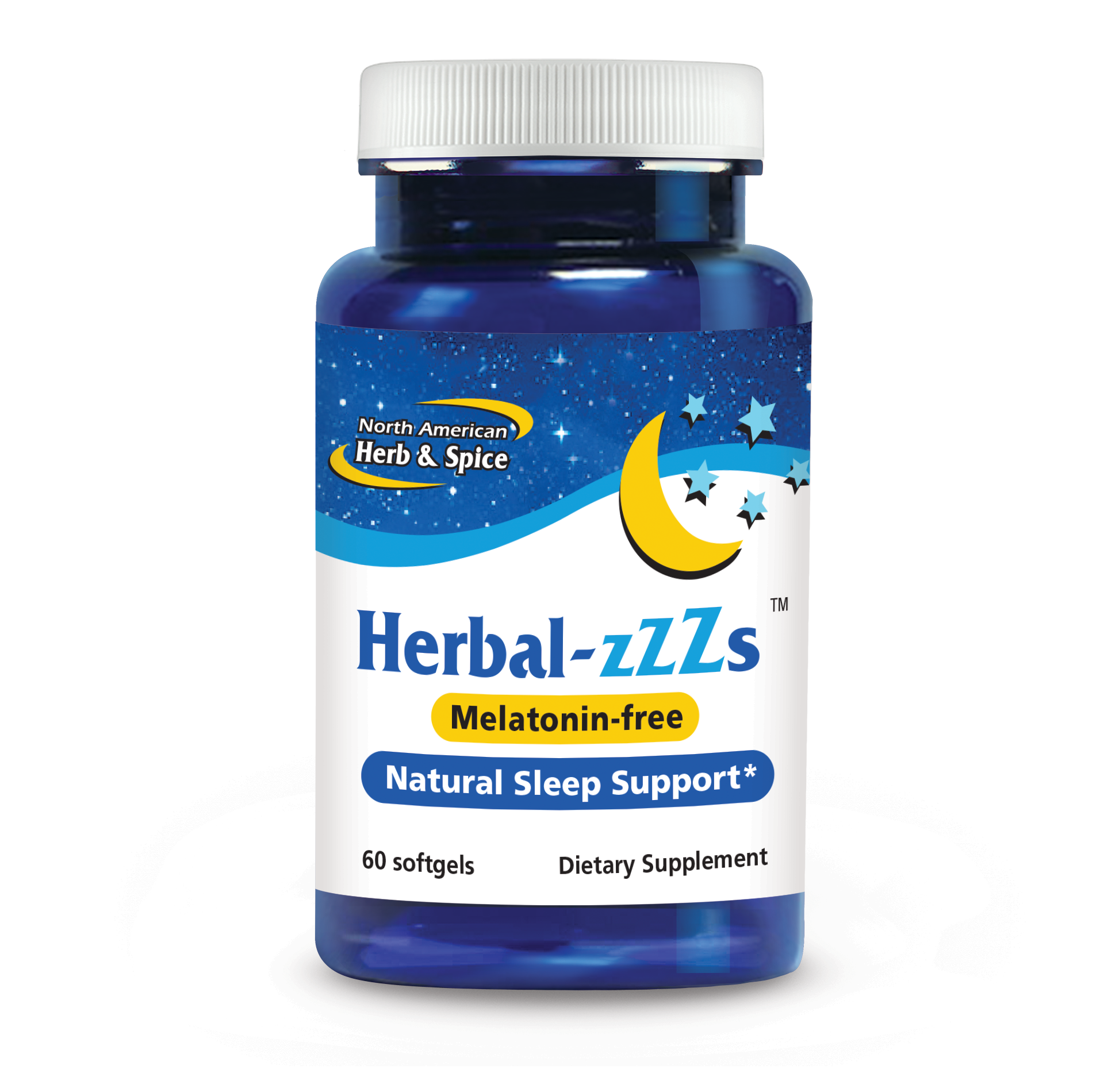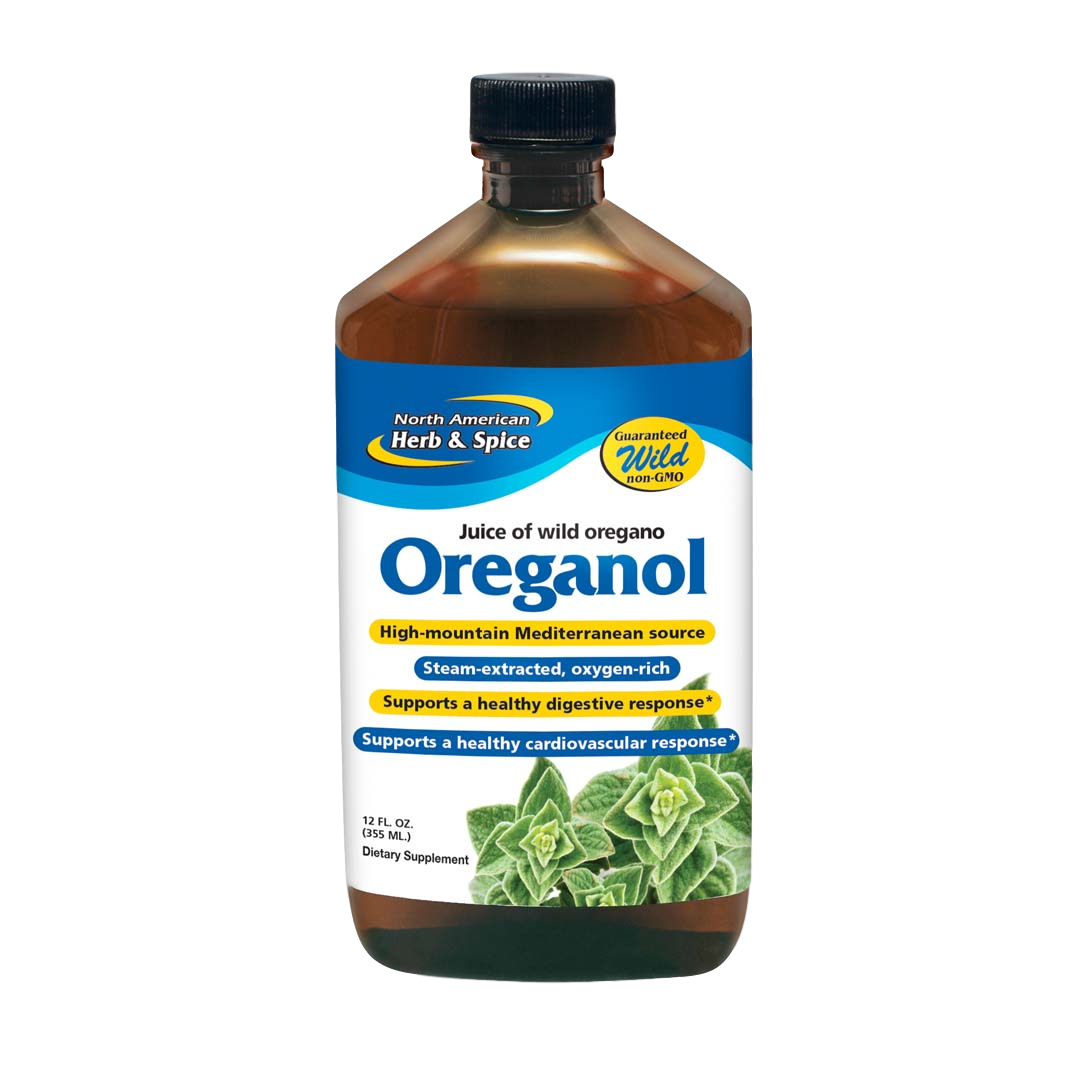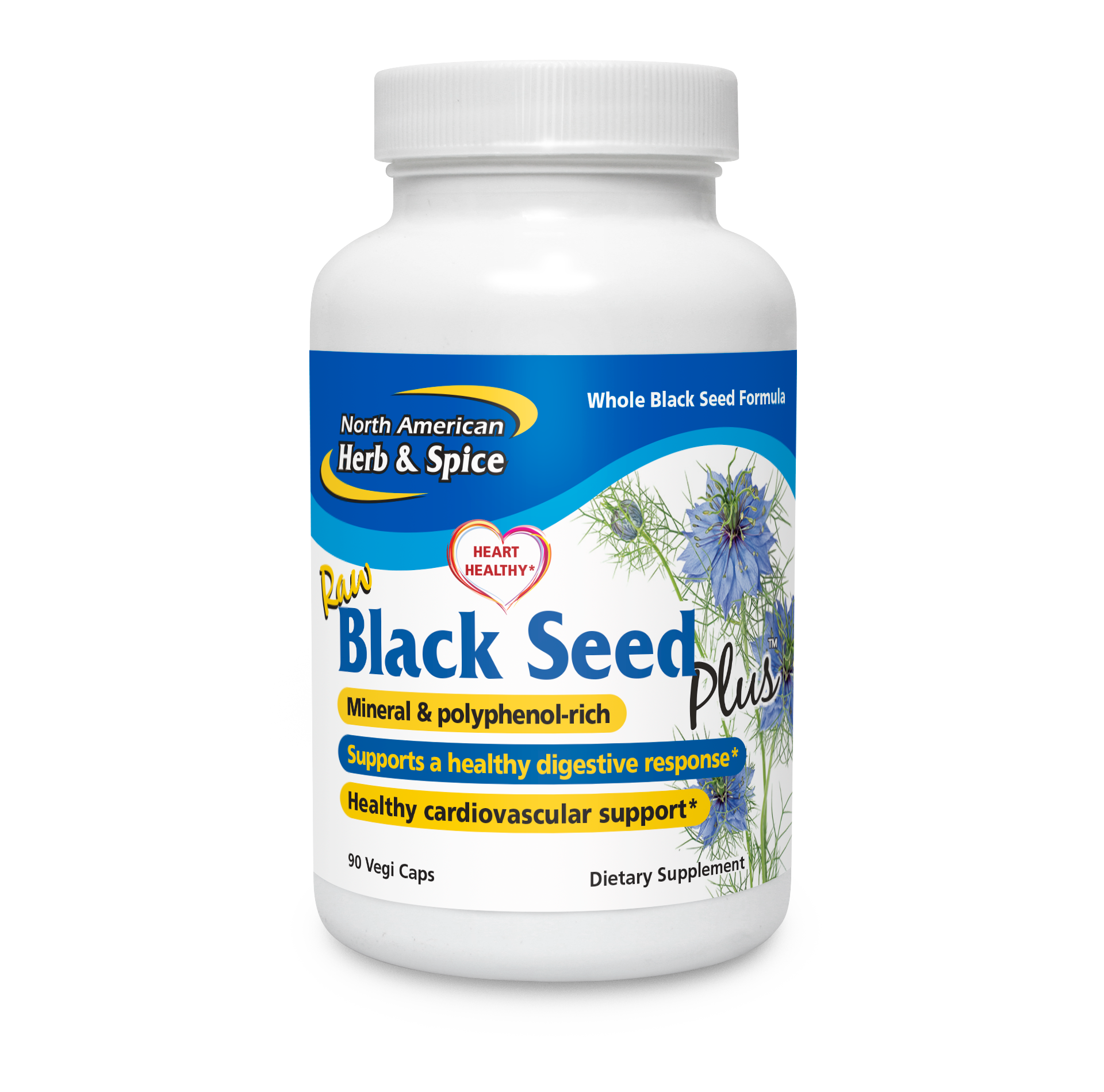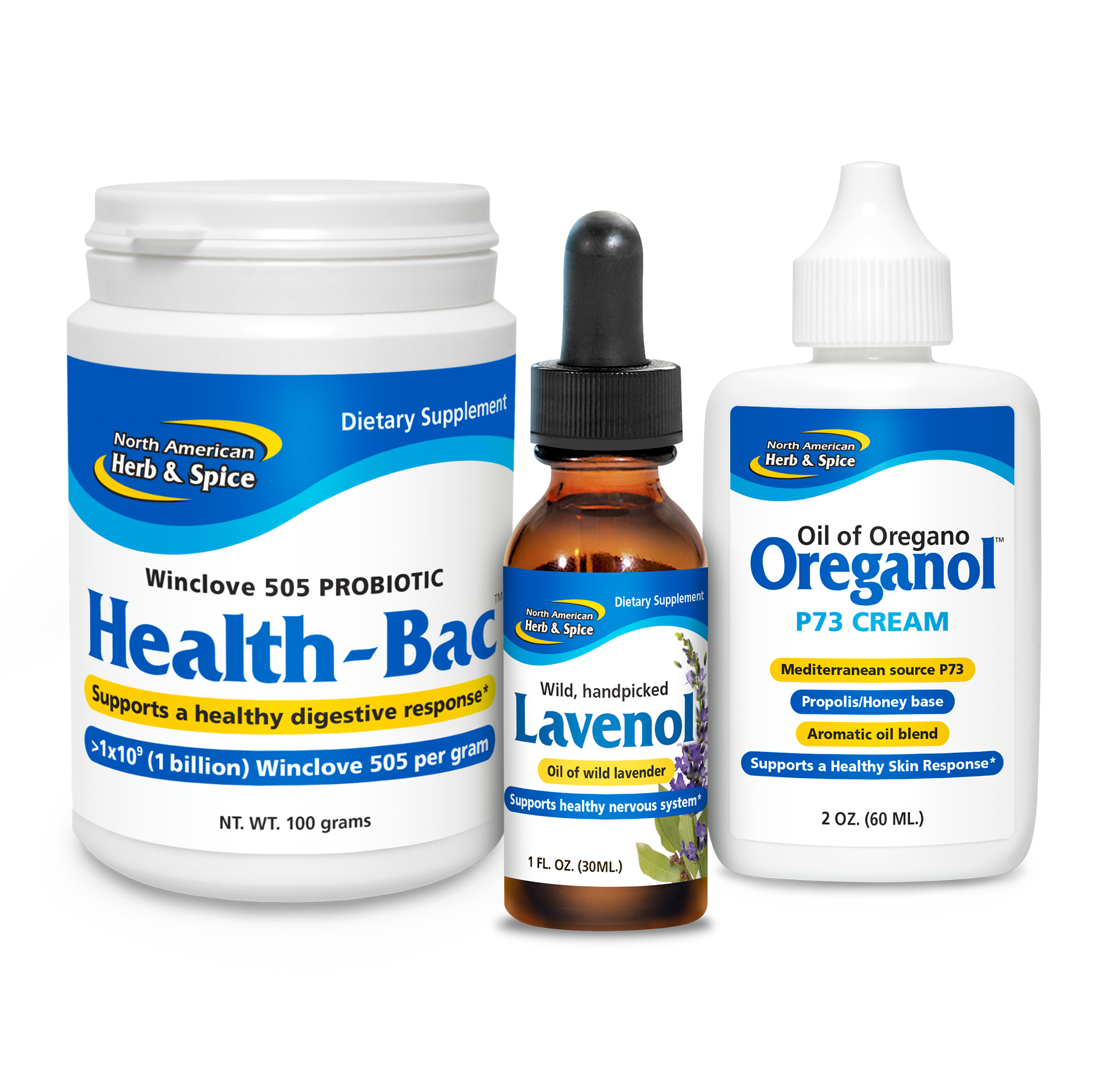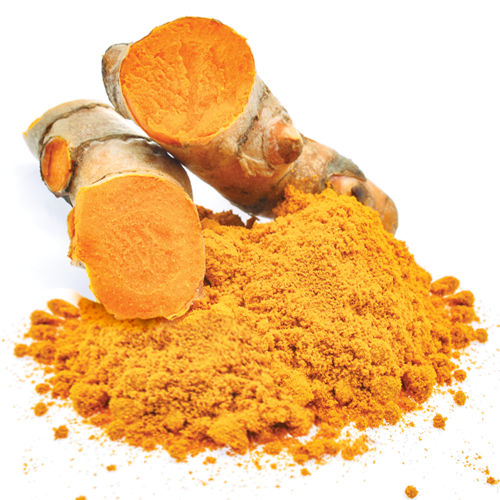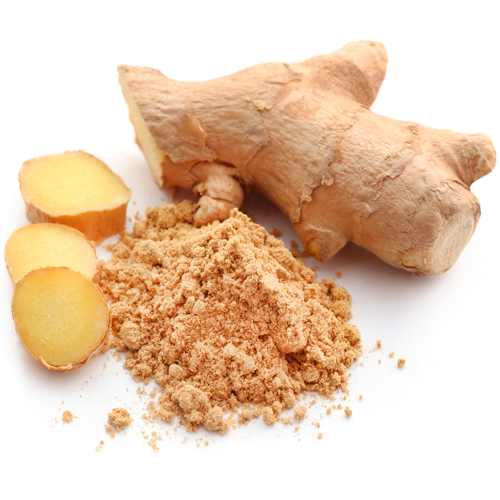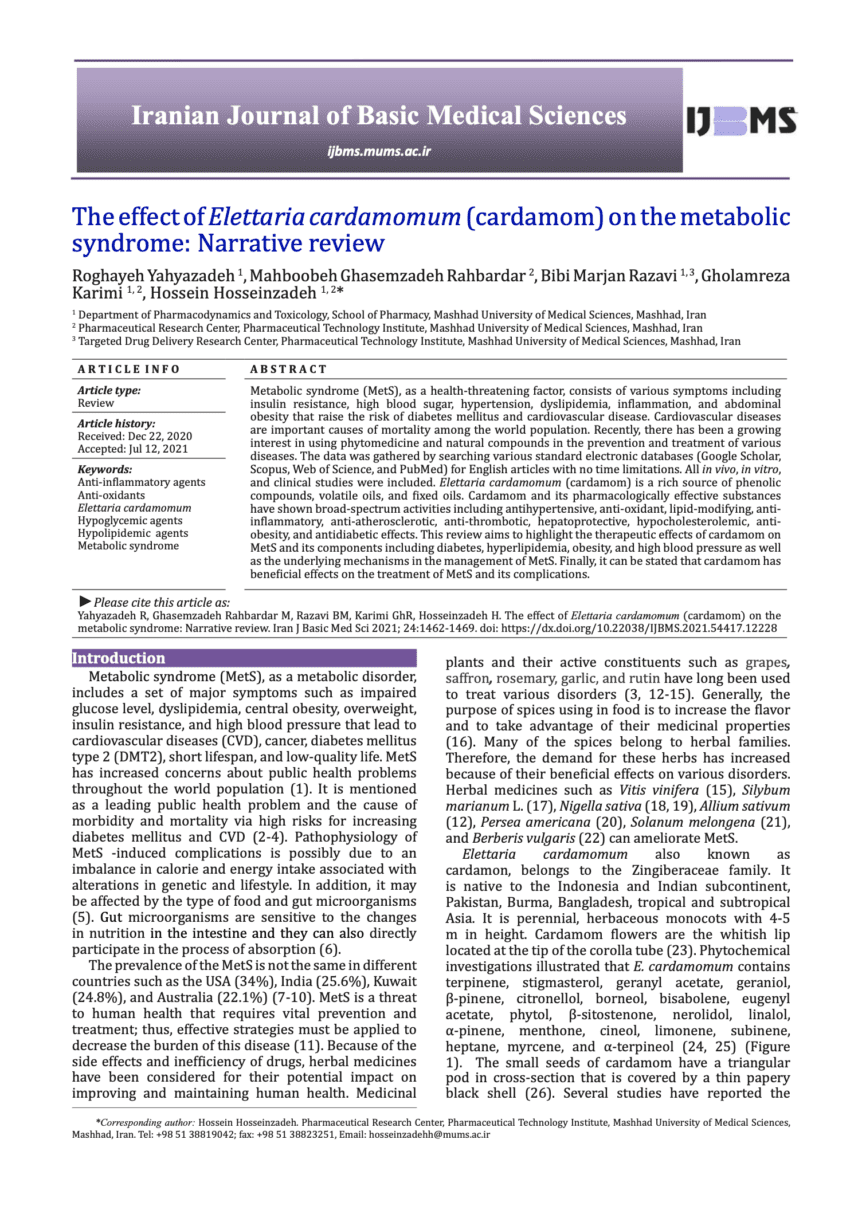
The effect of Elettaria cardamomum (cardamom) on the metabolic syndrome: Narrative review
Metabolic syndrome (MetS), as a health-threatening factor, consists of various symptoms including insulin resistance, high blood sugar, hypertension, dyslipidemia, inflammation, and abdominal obesity that raise the risk of diabetes mellitus and cardiovascular disease. Cardiovascular diseases are important causes of mortality among the world population. Recently, there has been a growing interest in using phytomedicine and natural compounds in the prevention and treatment of various diseases. The data was gathered by searching various standard electronic databases (Google Scholar, Scopus, Web of Science, and PubMed) for English articles with no time limitations. All in vivo, in vitro, and clinical studies were included. Elettaria cardamomum (cardamom) is a rich source of phenolic compounds, volatile oils, and fixed oils. Cardamom and its pharmacologically effective substances have shown broad-spectrum activities including antihypertensive, anti-oxidant, lipid-modifying, anti-inflammatory, anti-atherosclerotic, anti-thrombotic, hepatoprotective, hypocholesterolemic, anti-obesity, and antidiabetic effects. This review aims to highlight the therapeutic effects of cardamom on MetS and its components including diabetes, hyperlipidemia, obesity, and high blood pressure as well as the underlying mechanisms in the management of MetS. Finally, it can be stated that cardamom has beneficial effects on the treatment of MetS and its complications.

